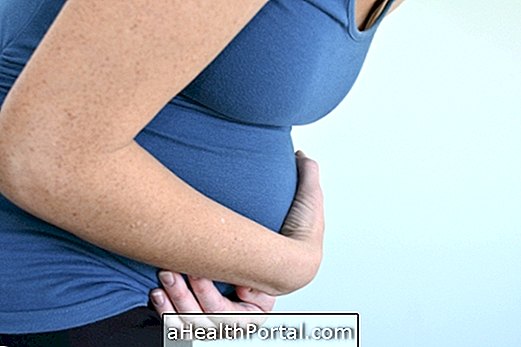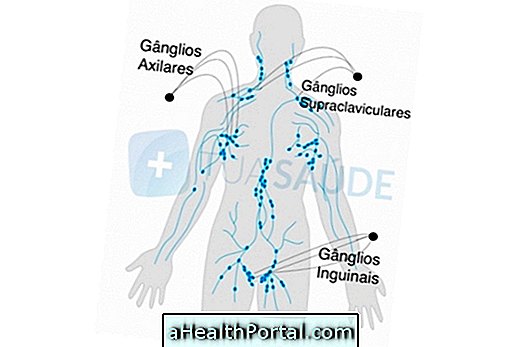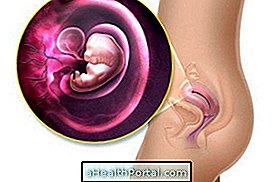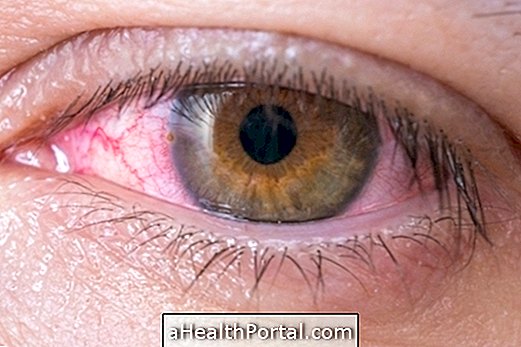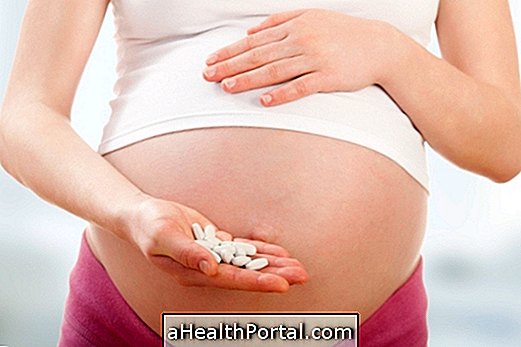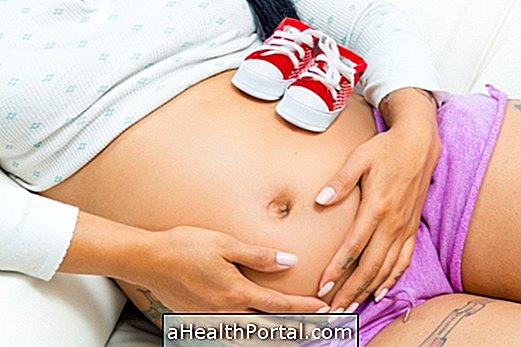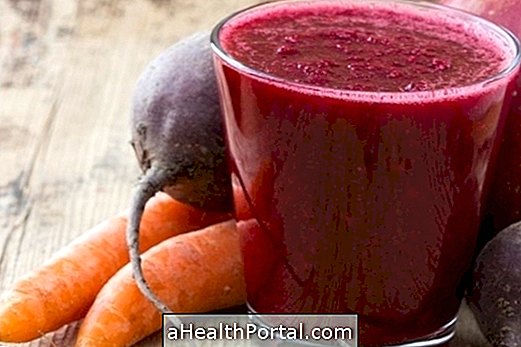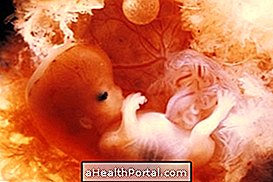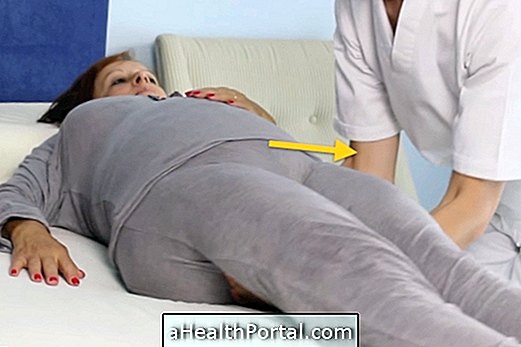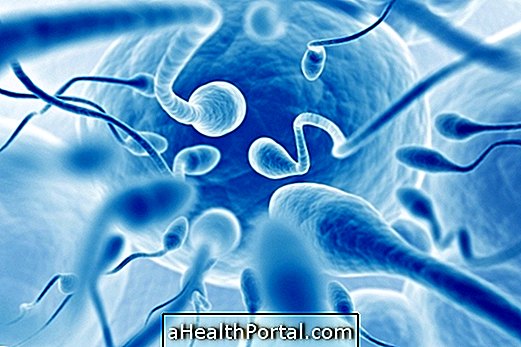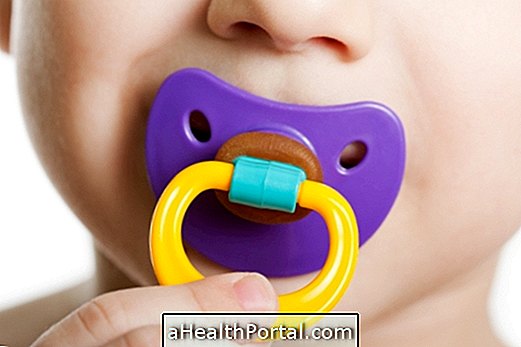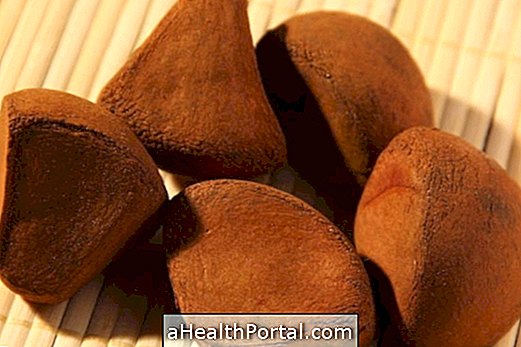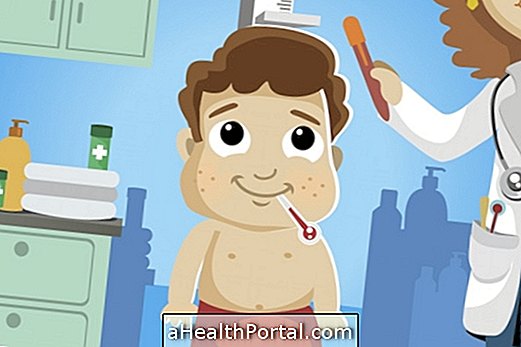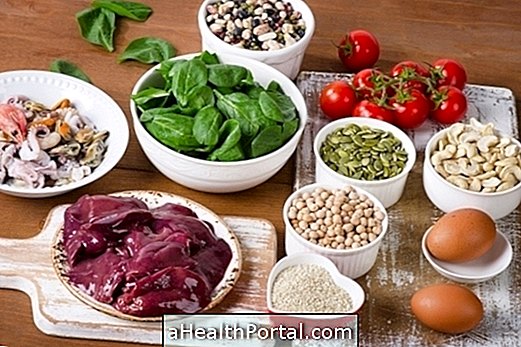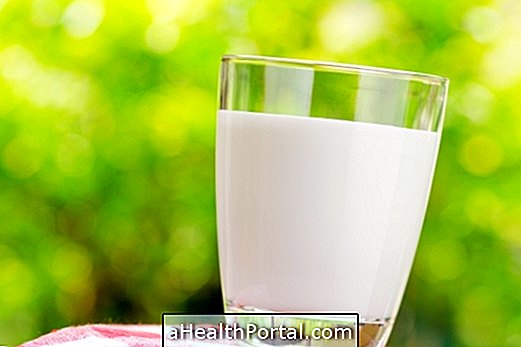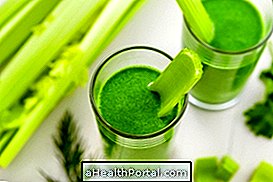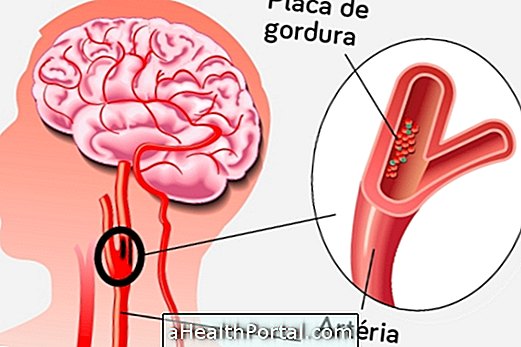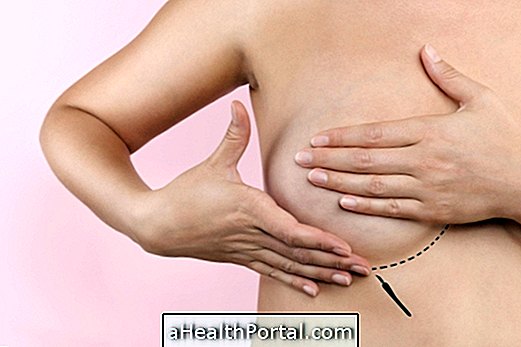During pregnancy there are changes in hormone levels, such as progesterone and estrogen, as well as changes in immunity, blood circulation and metabolism of the body, which predispose to the formation of pimples as well as several other types of skin changes such as inflammation and stains.
Thus, it is normal for new pimples to appear on the body, which appear more frequently on the face, neck and back, because they are places where there is a greater concentration of sebaceous glands, and to combat them it is recommended to avoid the accumulation of fat on the skin with neutral soap or mild soap.
However, they tend to decrease after delivery and during the breastfeeding period, as the hormone concentration decreases, also controlling the oiliness of the skin.
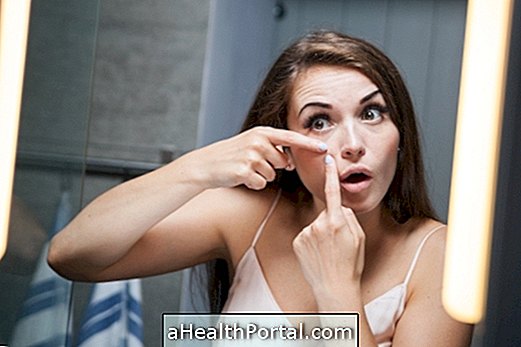
How to avoid
Pimples can appear early in pregnancy, when progesterone and estrogen start to increase. Some tips that hinder the appearance of pimples, and can be made by the pregnant woman are:
- Clean the skin properly, preventing oiliness from forming comedo-like lesions such as blackheads;
- Use sunscreen or oil-free moisturizing creams, especially on the face, which decreases the greasiness of the skin;
- Do not wear makeup in excess, and always remove it properly because they can accumulate and clog the pores of the skin;
- Do not expose yourself to the sun excessively, as UV radiation can accelerate the formation of pimples;
- Avoid consuming inflammatory foods for the skin, such as milk, sweets, carbohydrates and fried foods;
- Prefer foods with whole grains rich in omega-3s, such as salmon and sardines, as they help regulate blood sugar and reduce inflammation of the skin, which causes pimples.
There are also some natural recipes that can be followed to improve skin health and combat pimples, such as taking 1 cup of natural juice of raspberries daily, as this fruit contains zinc, which is a mineral that helps in disinflamming the skin, or taking orange juice with carrots, by having detoxifying properties. Check out our diet tips that helps to dry the pimples naturally.
How to treat
The treatment of acne can be guided by the obstetrician or dermatologist, and consists of keeping the skin clean, removing excess oil and giving preference to the use of oil-free products on the face and body.
The use of mild or neutral soaps and lotions for oil removal may also be a good option as long as they do not contain acids or medications, so it is best to undergo the physician's evaluation to confirm the safety of the product.
Which treatments should not be used
Lotions, gels or creams with medicines should not be used, except under the medical guidance, as some substances may be harmful to the baby.
Thus, some contraindicated treatments are salicylates, retinoids and isotretinoin, due to the risk to pregnancy and to the health of the baby. Others, such as benzoyl peroxide and adapalene, do not have proven safety in pregnancy, so they should also be avoided. Performing cosmetic treatments, such as performing chemical peels, is also not recommended.
However, when there is an intense acne situation, there are some creams, prescribed by the obstetrician or dermatologist, that can be used, such as Azelaic Acid.
Check out some more tips on what to do to avoid and fight pimples in pregnancy.
